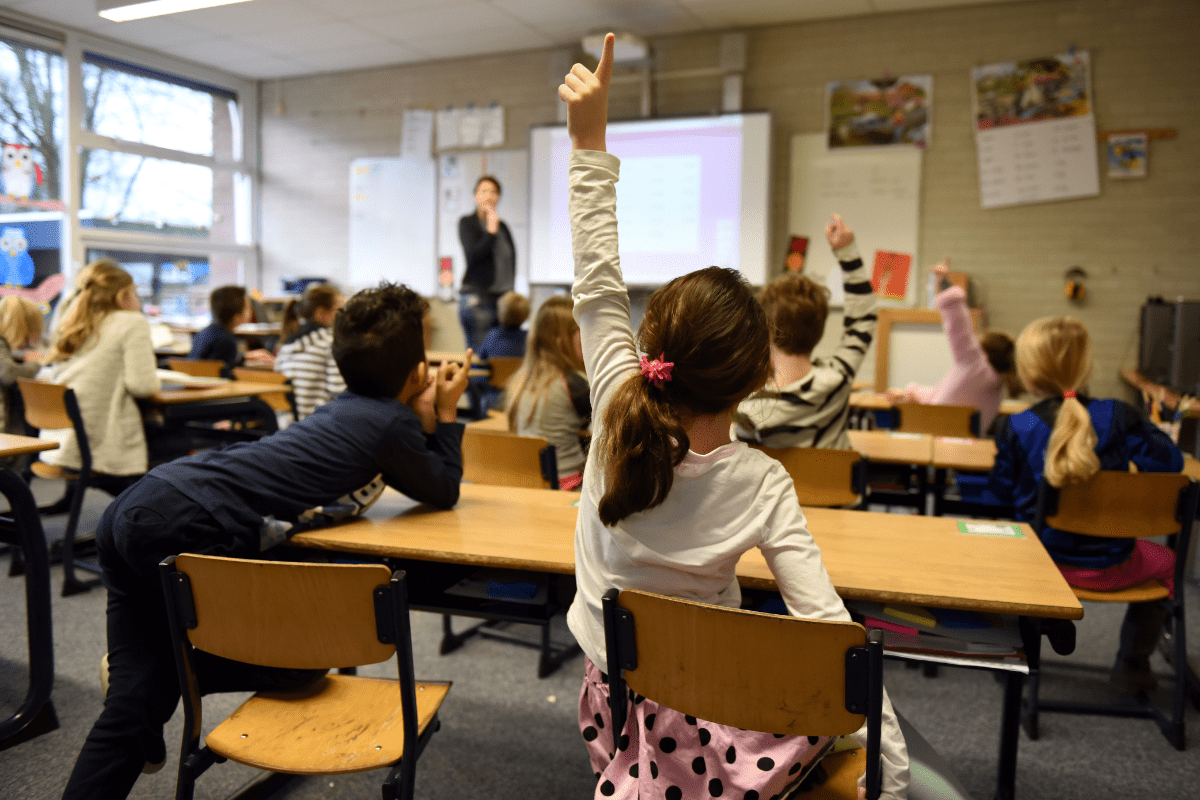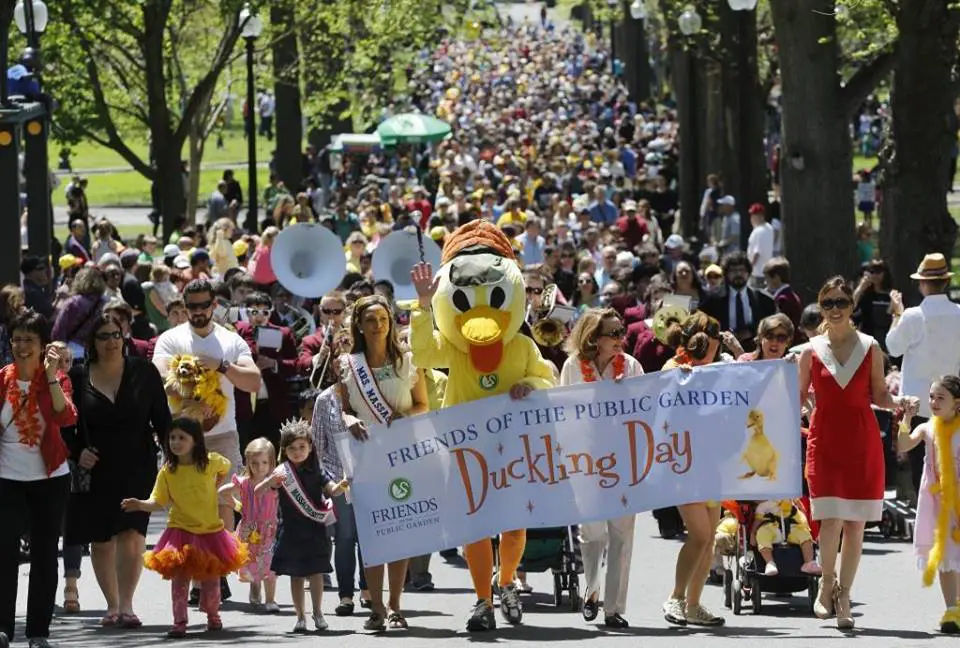
Kindergarten — a time of growth where you learn “big kid” social skills and spend lots of time playing, making friends, singing, jumping, and wiggling while still learning some critical pre-academic skills. A comfortable — but not too intense — in-between year that’s an appropriate step up from preschool but not quite elementary school.
Or at least… that’s what kindergarten used to be.
My daughter started kindergarten this year. I thought I was prepared because kindergarten, naturally, would be an appropriately sized step up from pre-K. It was going to be a full day instead of a half day, with lunch in the cafeteria and some “real” academically based play times mixed into their day. I assumed she would have plenty of unstructured play time both inside and outside, and then start to have more structured “learning time” as the year progressed.
Except… when she got there I learned that according to the Massachusetts literacy and math standards she was expected to learn how to read, use sight words, spell simple words, and solve addition and subtraction word problems within 10 by the end of kindergarten.
To quote my favorite child philosopher, Bluey, I asked myself, “For real life?”
Basically, when I sent my kid to kindergarten, she ended up in what used to be first grade.
Which led me to the big question: What the heck happened to good, old PLAY?
As what I suspect is a direct consequence, the lack of play and heavy focus on sitting down to learn developmentally inappropriate academic skills eventually leads to what I call “the collapse.”
I wasn’t expecting this after-school meltdown for another year, since I assumed kindergarten would still be based on active play. As it turns out, though, most moms of kindergarteners know ALL about “the collapse.”
You know — the time when your kiddo gets home from school, with a tired brain but still full of pent up physical energy. They’re hungry, they’re sick of listening to directions, and they’re overstimulated. They’re craving down time, laid-back social time, or time to meaningfully connect with a loved one. Or, all of that simultaneously. Understandably, they just, well, collapse.
More than half the school year is over, and we’re STILL dealing with the after-school collapse… every day. Quite honestly, it’s getting worse. It’s caused a complete change in what our weekday family time looks like.
How is it okay that my 6-year-old comes home from school every day perilously teetering on the edge of complete collapse? And, more importantly, can I make it stop?
I started a “qualitative deep dive” by talking to friends of kindergarten-aged children in our public school district, and then others across the state. The consensus is clear — our kids are sitting instead of engaging in active play, and the after-school collapse is very real.
This consensus leads me to believe our issue isn’t attributed to my daughter’s personality, needs, or overall health. Additionally, it leads me to believe this isn’t just a problem in her school or district.
To be honest, I was hoping it was one of those things — my specific kid, or her environment. It would have made solving the problem far simpler.
Instead, I took an even deeper dive into the federal and state standards we use throughout Massachusetts public schools. After way too much research, what I found was complicated, nuanced, and probably full of good intentions.
In my opinion, the problem is straightforward: Our kindergarten kids and their classroom teachers are being asked to do too much.
Our kids are being asked to complete tasks that aren’t developmentally appropriate for them, in ways that are also not developmentally appropriate. Our teachers are being forced to make sure they complete those tasks in the prescribed ways. They have been tasked with teaching our kindergarten kids the “old” curriculum of caring, sharing, and independent emotional regulation along with the “new” curriculum of reading, basic math, and proper handwriting.
How is this fair to anyone?
Our kindergartners deserve to play, and our teachers deserve to let them.
You can read on the Massachusetts Department of Education website the math, English language arts and literacy, history and social sciences, and science and technology/engineering frameworks. If you look at the “index” in one of the beginning pages, you can find the standards for all grade levels by page number. The beginning of all of these documents has general information and goals applicable to all grades, and likely won’t have the information you’re looking for.
*Please note, this my personal opinion as a mom and does not represent the opinion of anyone else, including Boston Moms.














Then we ask ourselves why there is so many problems of ADHD or sensory issues if it’s only the lack of play time the children are getting.
While my experience is primarily with the BPS system, I’ve noticed that it tends to prioritize funding and enrollment numbers over more effective teaching methods. Research suggests that children around that age tend to learn best through play, but somehow this crucial aspect seems to have been forgotten or ignored. It’s disheartening to see our education system decline in this way. As a parent, I have deep respect for all the teachers out there, both current and future. I hope they know that we see and appreciate their hard work. Personally, I wish there was more I could do to support them